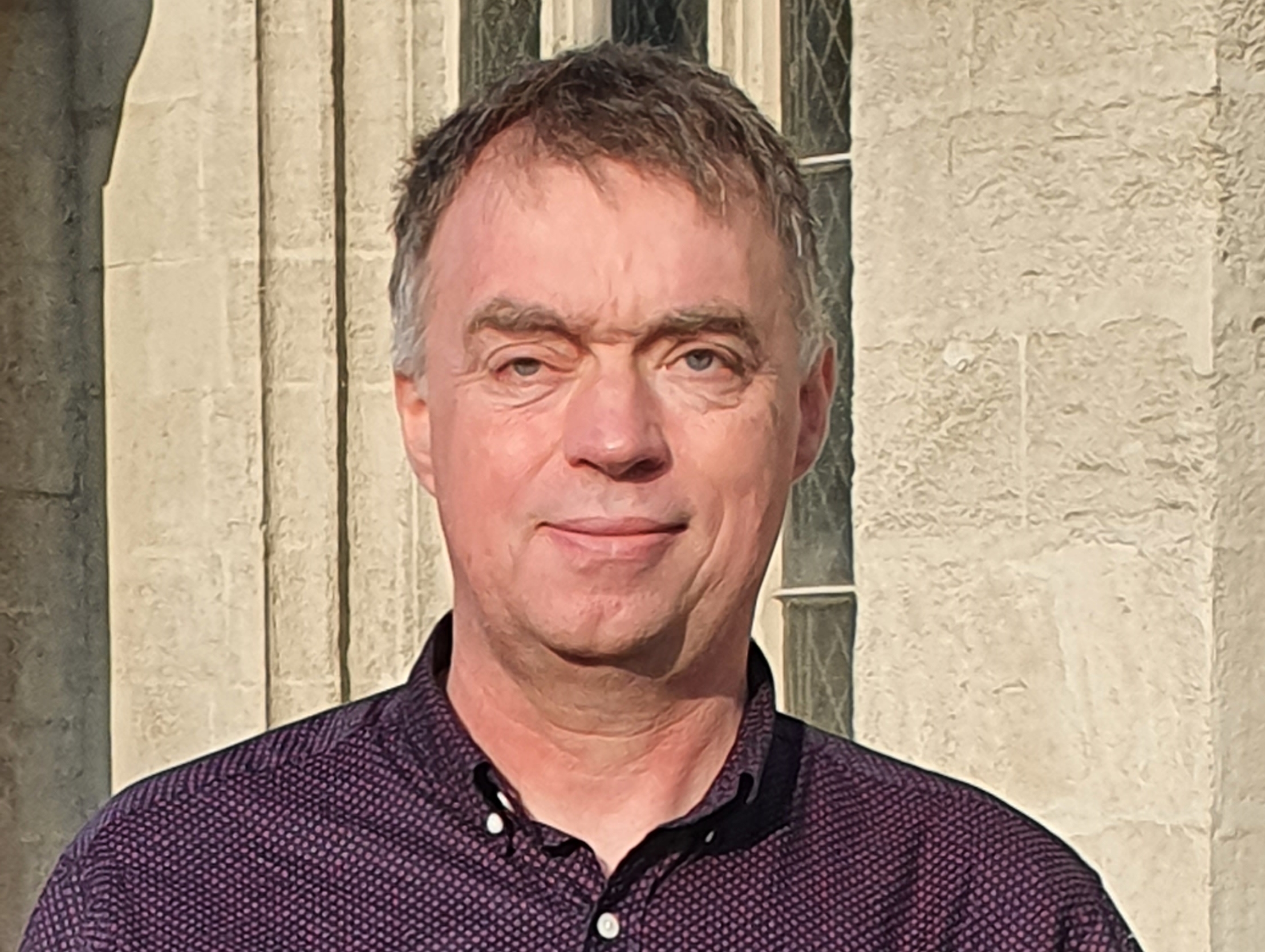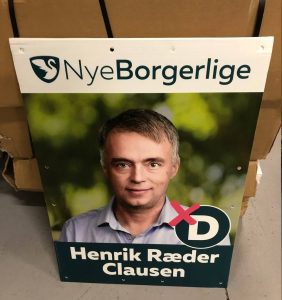
The plurality of opinion is increasingly seen as a threat to the EU’s unity and strategic ambitionsContinue reading

Interview with Henrik Ræder Clausen, Nye Borgerlige (New Civic) parliamentary election candidate for Copenhagen. The discussion was recorded during Mr. Clausen’s recent visit to Budapest.
What does Nye Borgerlige stand for as a party, and why establish a new conservative party in Denmark when there already is one?
The founding of the party was triggered by the immigration crisis in 2015. The Danish People’s Party (DF) did not react as we expected it to when it came to protecting the borders. They let us down during the crisis when illegal immigrants were just walking into the country, blocking the main roads. That was the point where the DF should have stepped up to stop this crazy wave we had, in order to protect Denmark, to protect our future. But we saw during the crisis that they really would not take any political risks to stop this. That was the trigger.
The other reason was that we had some so called right-wing parties, but very few were actually working to reduce the state to make a small government, and to provide more freedom for citizens. Some were paying lip service like the liberal party called Venstre, some did try, but did not succeed, like the Conservative Party (DKF). We needed a stronger voice for less control, more freedom, practical freedom in daily life. Currently we have a social democratic policy that is slowly strangling us, where the productive part of the private sector becomes ever smaller, and the burden on those creating values is progressively higher. It is slow but it is suffocating, and it is harming Danish society in the long-term.
Another important topic is national sovereignty. The people of Denmark are the sovereigns of our nation. That leads to a contradiction with the EU, the framework of which is supranational, and supersedes national sovereignty and the ability of the people to govern their country. Hence we need to withdraw from outdated international conventions, in particular the ones regulating immigration.
As a sovereign nation we can set an important example for other countries when we run our economy and society successfully. Others can then emulate our success, like some do with Hungary’s family policy. If we succeed in creating a long-term successful society, others can look at us as an example.
The primary purpose of national sovereignty is having the space and freedom to create a free and prosperous society.
A corollary of this is that other nations will use the “Shining City on the Hill” as inspiration to improve their own countries. We have a firm belief that this is more beneficial for other countries than immigration, or what a supranational government could ever offer.
Do you have the ambition to become a mass movement, eventually to form a government, or do you prefer to stay a small elite party that speaks to a voter segment with a very particular political or ethical profile?
We like when other people take over our ideas. Like the social democrats are picking up some elements of our immigration policies. Such as that convicted criminals should be evicted from the country. We are not really thinking in terms of becoming a mass movement. What we are aiming for is coming up with ideas how to prepare the Danish society for the future. We want other parties to adopt our ideas, hence we do not need to create a mass movement. What matters is to get the policies done.
In Denmark Hungary is often depicted as a country suffering from a deficit regarding press freedoms. However, here there are issues discussed in the media that are not exactly banned in Denmark but are only discussed in variations of one particular interpretation that is allowed and sanctioned by official opinion makers, such as multiculturalism, immigration, gender issues. How did Denmark loose the plurality of opinion and the freedom of expression?
Actually multiculturalism is not an issue in Denmark any longer. We have turned it into a parody by constantly using the term “cultural enrichment”. We have published a number of articles about immigrant crime with the title “cultural enrichment news”, and this has turned the concept of multiculturalism into something unpalatable.
As to the lack of pluralism of opinion, this problem has several dimensions. One is that the state is driving the education of journalists, and practically all of them are left-wing. If you look at opinion polls for journalists, they are in the grip of Marxist, communist ideals. They are the dominant group among journalists. Very little attention is paid, for instance, to history. If journalists studied history a bit more carefully, the situation would be very different.
We have a dominant state media that is setting the agenda, their editorial agenda determines if a true story, that we would regards as important, dies quietly or if it is taken up. There also seems to be a certain guidance from international organizations about which topics to bring up and how to talk about them.

But how can you continue to call Denmark a democracy when there is only one sanctioned opinion allowed about certain topics?
This is a challenging question because I take pride in Danish democracy. But it is also a very real problem because we cannot have a proper discussion about many issues. Among others, family policy – we cannot have an open discussion about this. The state is using entertainment programs to bury these topics. This is done in the state media, but it is a violation of public service principles that exist in order to provide important information to the public.
But how can you call Denmark a democracy when the EU gives 80 percent of our laws?
In the Danish media Hungary is almost exclusively depicted as a corrupt autocracy, with the press being under state control, minority rights being severely violated, etc. What generates such hostile headlines in Denmark about a democratically elected government, a democratic society, a NATO and EU ally?
Well, this is part of the phenomenon of a lack of plurality, which in turn is a result of a lack of free competition in the media.
But these conspiracy theories about Hungary being a defective democracy are of course an agenda set out by the European Union. The EU is key to this.
When they condemn Hungary for being a defective democracy, all the journalists know that the right stories that follow this narrative will be accepted by their editors. From all the players in the Danish media landscape, from the left, and from what used to be conservative publications in the past, you get the same story-line in different variations.
This happens in the Danish national news agency Ritzau as well. If they publish an accepted narrative, it immediately gets picked up by all the papers. But behind the scenes there is a certain coordination in how these stories appear in the media. It appears that they are writing about certain stories, and they come to the same conclusion independently. But in reality, there are very few sources that are accepted, only sources they are ideologically aligned with. And when you have such a seeming consensus across the board, the general public will accept it because they have no alternative information to draw from. This is how human perception works.
Featured Photo: Henrik Ræder Clausen